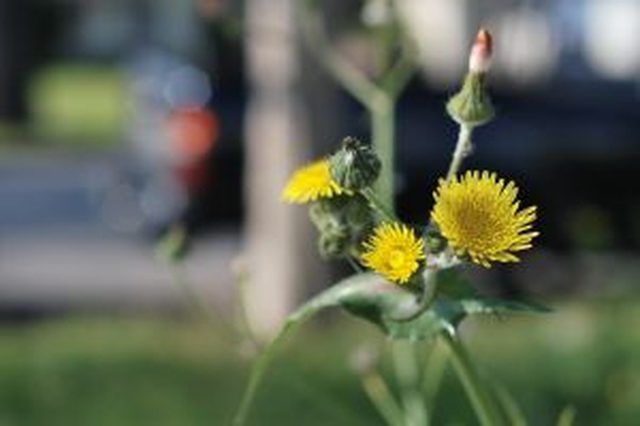Bulbs
Flower Basics
Flower Beds & Specialty Gardens
Flower Garden
Garden Furniture
Garden Gnomes
Garden Seeds
Garden Sheds
Garden Statues
Garden Tools & Supplies
Gardening Basics
Green & Organic
Groundcovers & Vines
Growing Annuals
Growing Basil
Growing Beans
Growing Berries
Growing Blueberries
Growing Cactus
Growing Corn
Growing Cotton
Growing Edibles
Growing Flowers
Growing Garlic
Growing Grapes
Growing Grass
Growing Herbs
Growing Jasmine
Growing Mint
Growing Mushrooms
Orchids
Growing Peanuts
Growing Perennials
Growing Plants
Growing Rosemary
Growing Roses
Growing Strawberries
Growing Sunflowers
Growing Thyme
Growing Tomatoes
Growing Tulips
Growing Vegetables
Herb Basics
Herb Garden
Indoor Growing
Landscaping Basics
Landscaping Patios
Landscaping Plants
Landscaping Shrubs
Landscaping Trees
Landscaping Walks & Pathways
Lawn Basics
Lawn Maintenance
Lawn Mowers
Lawn Ornaments
Lawn Planting
Lawn Tools
Outdoor Growing
Overall Landscape Planning
Pests, Weeds & Problems
Plant Basics
Rock Garden
Rose Garden
Shrubs
Soil
Specialty Gardens
Trees
Vegetable Garden
Yard Maintenance
How to Kill Weeds with Vinegar
How to Kill Weeds with Vinegar. Vinegar is an effective, natural weed killer, and can help keep your gardens weed free and safe for growing your favorite, organic vegetables. Weeds are the nemesis of every gardener, and killing them without doing harm to the environment is a challenge. Of course, there is the option of pulling them, but that isn't...

Vinegar is an effective, natural weed killer, and can help keep your gardens weed free and safe for growing your favorite, organic vegetables. Weeds are the nemesis of every gardener, and killing them without doing harm to the environment is a challenge. Of course, there is the option of pulling them, but that isn't always successful.
The acetic acid in vinegar attacks the weed, and kills it right down to the roots. While vinegar can be used as an effective and safe weed killer, it should not be used on weeds in the lawn, as it will kill the grass as well.
Things You'll Need
Distilled, white vinegar
Check the weather forecast before applying vinegar to the weeds. You will need to have two or three days of sunny weather for the vinegar to be absorbed into the plant and the roots. Sunlight will speed the absorption process.
Apply regular, household vinegar to the weeds using a spray bottle or paint brush. Never spray vinegar on windy days because it will be carried to neighboring plants that you do not want to kill. If you are spraying the vinegar, be extremely careful to avoid over spray. You may want to use a piece of cardboard to shield your plants. Otherwise, use a small paint brush to apply vinegar directly to both sides of the leaves, the stalk and any flowers.
Apply boiling vinegar to stubborn, perennial weeds, or weeds that have become well established. Many gardeners use boiling water to kill weeds coming up through concrete on patios and driveways. The heat of the boiling liquid begins to kill the plant immediately, while the vinegar is absorbed into the root system and works to kill the plant below ground level.
Do not water the area for two days.
Reapply as necessary. Even chemical weed killers often need to be reapplied at least once to completely kill weeds. Natural, organic weed killers are no different.
Remove the dead weeds from the garden. If the roots still seem to be alive, remove as much of the tap root as possible, dig down in the dirt a little and apply vinegar directly to the tap root. Cover the area with soil. Do not saturate the soil with vinegar, but apply directly to the root.